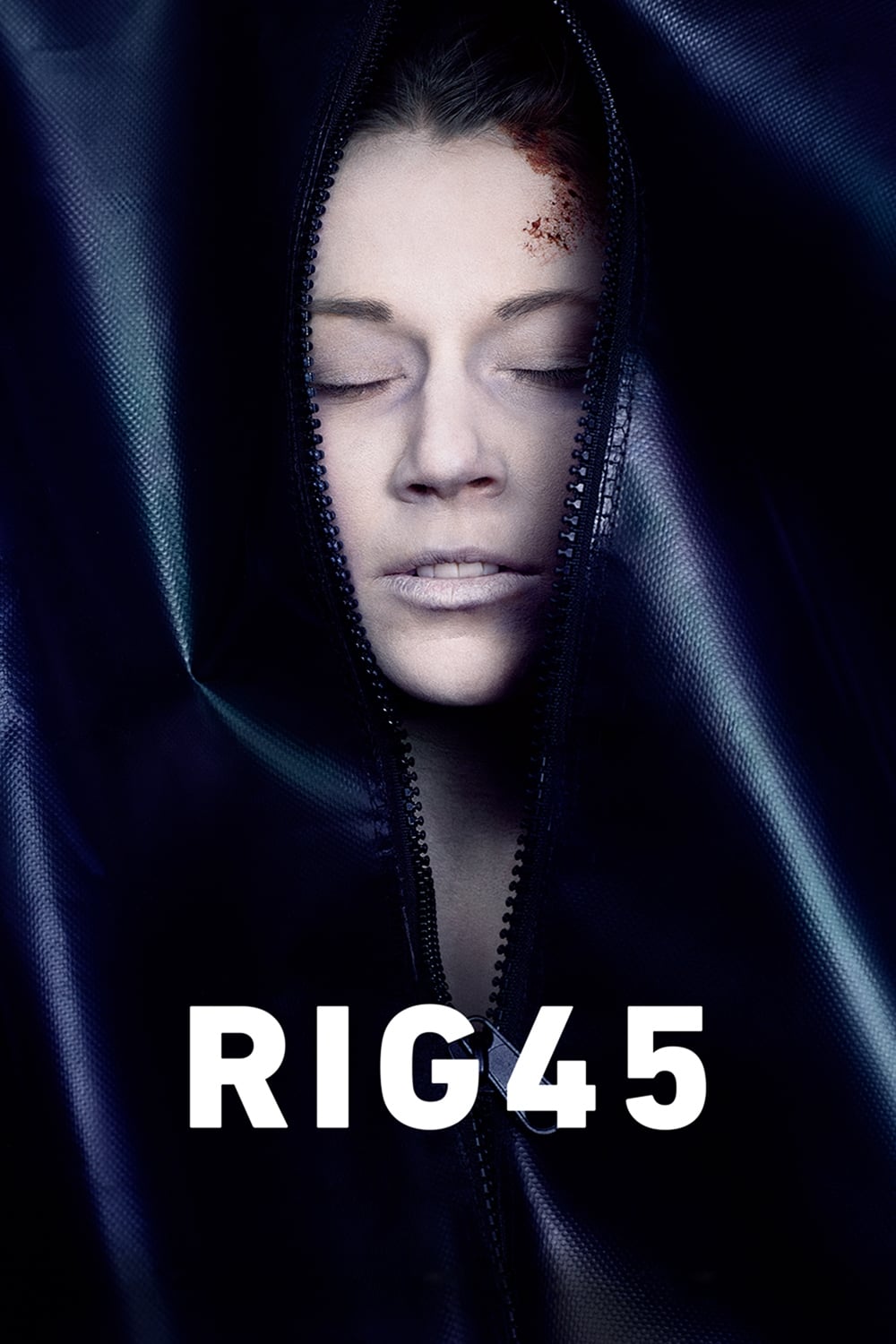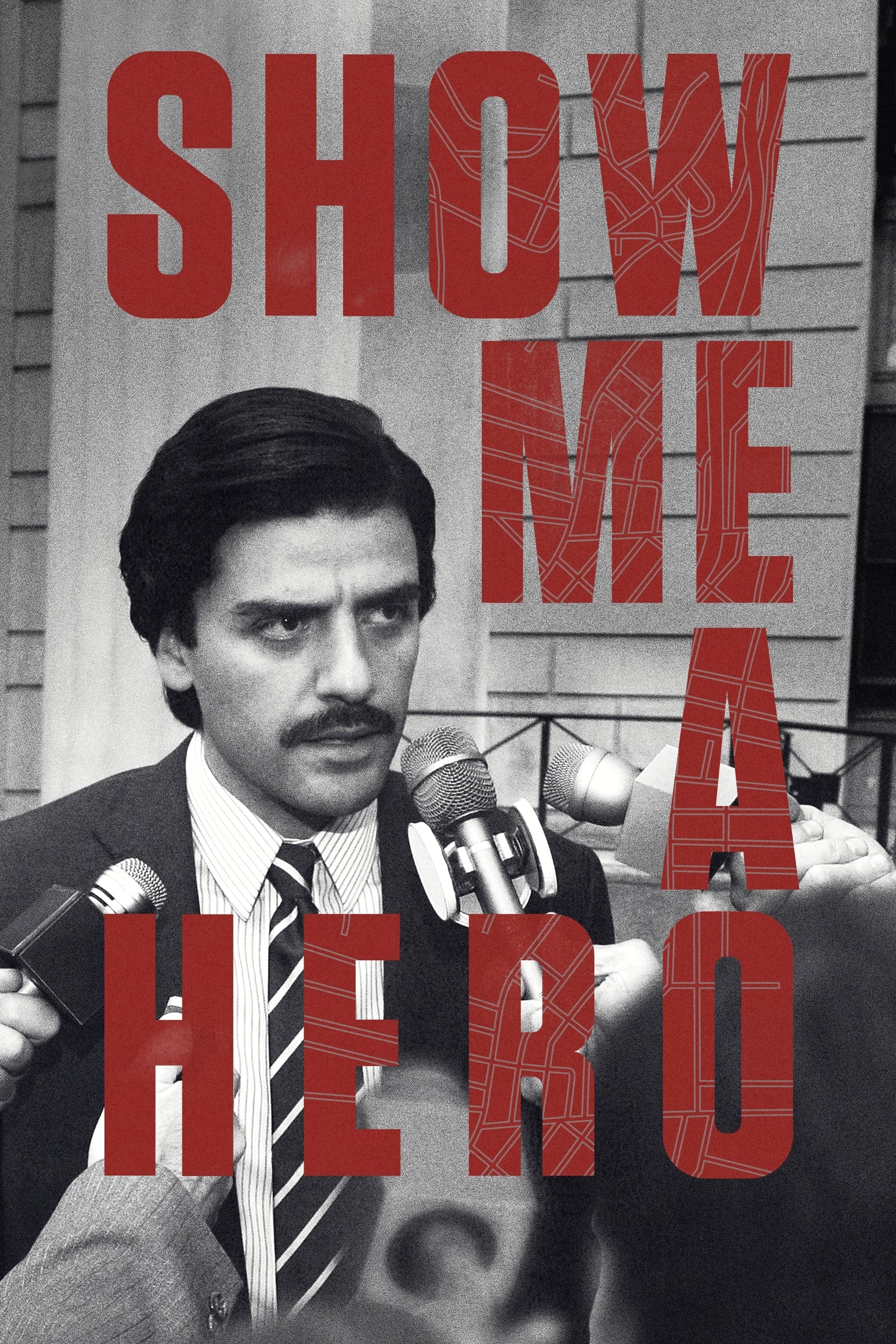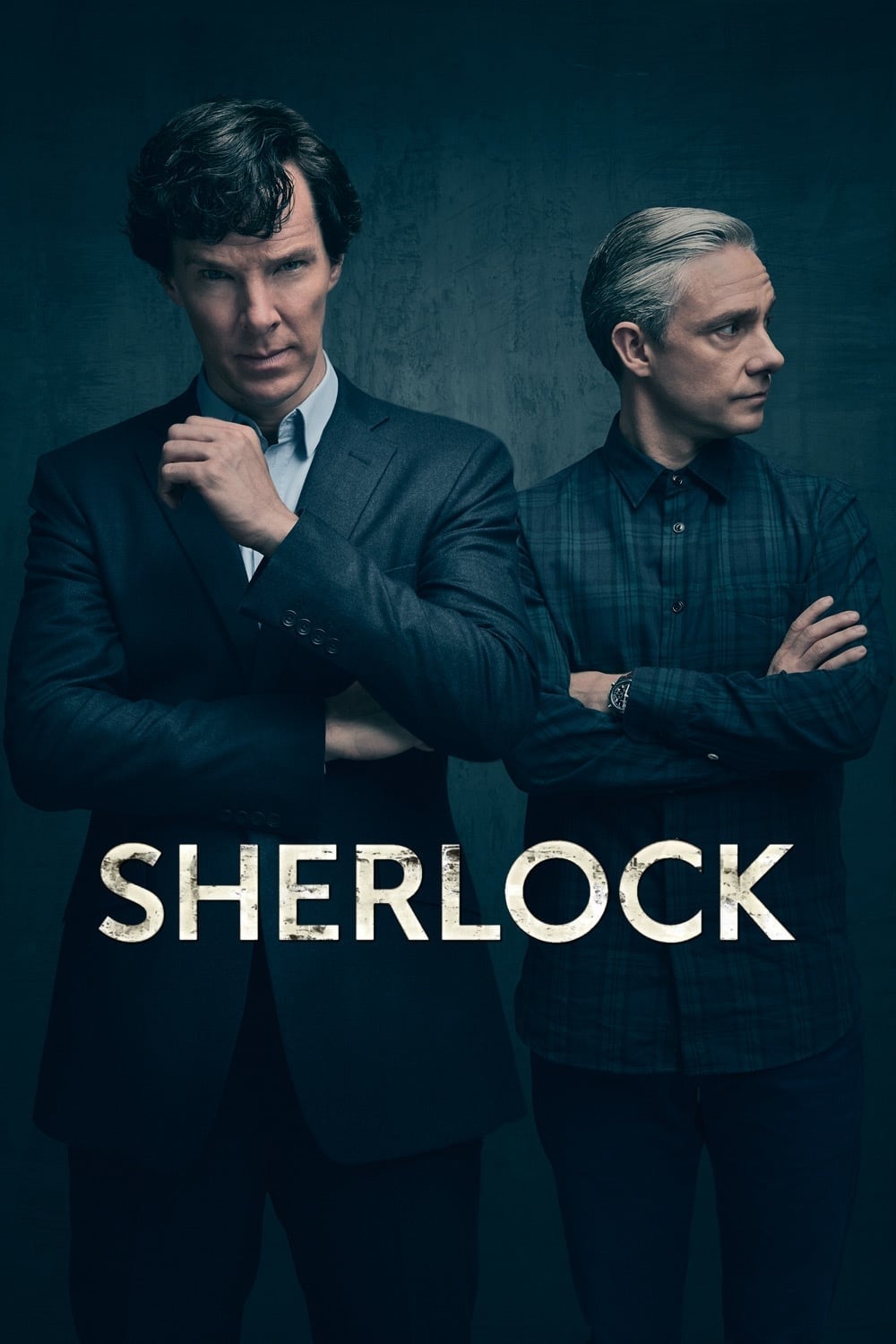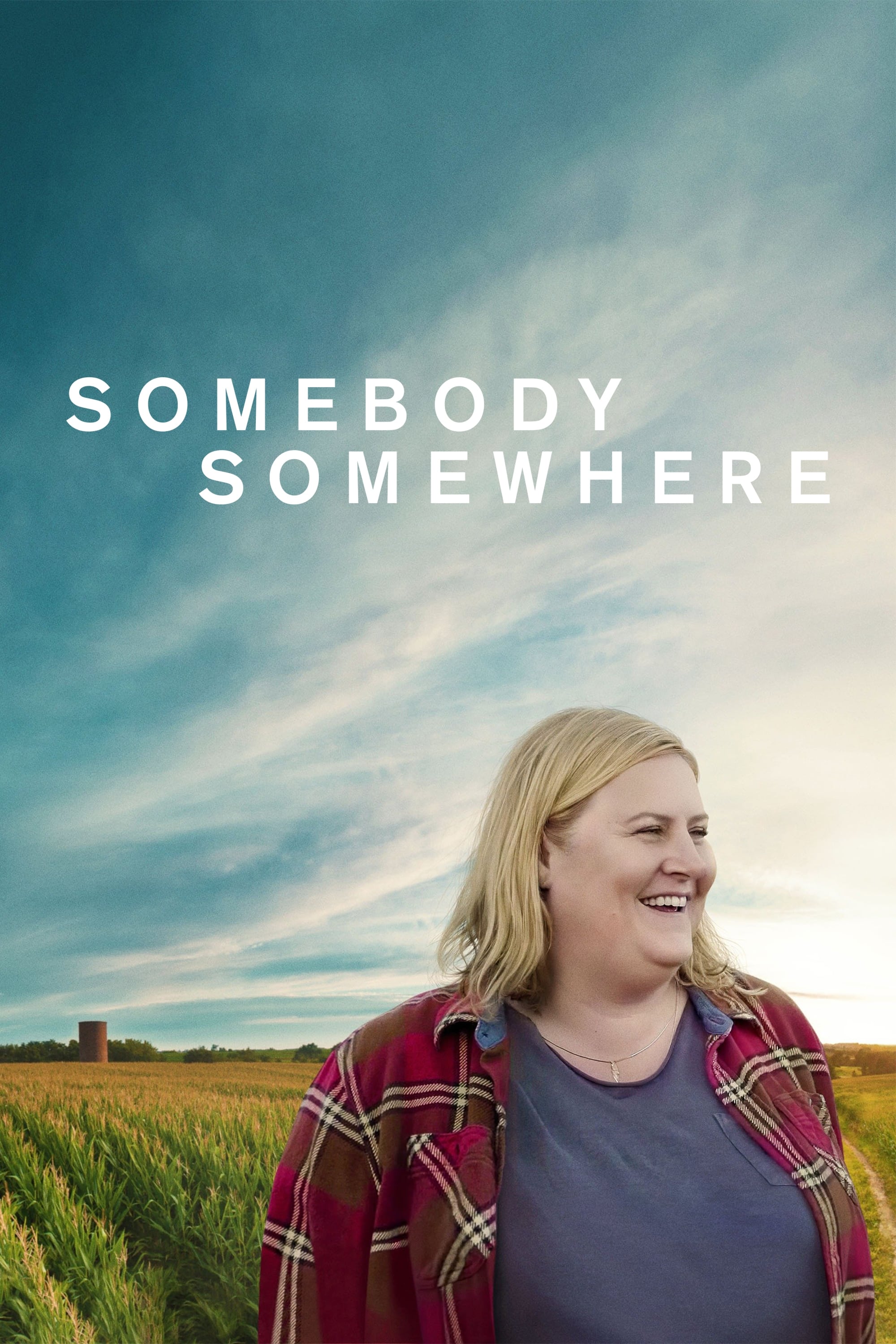
Various Artists – Happy Valley, Volume 1 (2013)
DSD64 (.dff) 1 bit/2,8 MHz | Time – 49:20 minutes | 2,04 GB
Official Digital Download – Blue Coast Records | Front cover
In May 2013, the Blue Coast Crew traveled to Happy Valley, Santa Cruz, California to record a special group of musicians. Hand chosen by Keith Greeninger, these artists came from various parts of Northern California to record a few songs in a magical place in the middle of a redwood forest. Surrounded by trees, birds and wildflowers, the Blue Coast Crew recorded direct to DSD using the Extended Sound Environment technique. All the musicians were incredible. We became instant fans. Occasionally, you’ll hear Keith singing in the background. Sometimes, you’ll hear the birds in the background. The day ended too soon.
Read more
Various Artists – Hit Parade Story: Il Leggendario Suono Wurlitzer (1999)
DSD64 (.dsf) 1 bit/2,82 MHz | Time – 00:57:16 minutes | 2,15 GB
FLAC (tracks) 24-bit/96 kHz | Time – 00:57:16 minutes | 820 MB
Studio Master, Official Digital Download | Artwork: Digital booklet | Genre: Jazz | © Fone Gold
Hit Parade Story: The Legendary Wurlitzer Sound is a collection of 17 music classics from 1938 to 1949 that were originally released on 78 rpm records and played on the Wurlitzer Juke Box of that era. The songs have been recorded from the Jukebox with the legendary Neumann U47 microphones to enable their transfer to Analog Tape and DSD by Fone’s Giulio Cesare Ricci. The musicians featured on this album include Frank Sinatra and Louis Armstrong along with the Big Band Orchestras conducted by Glenn Miller, Tommy Dorsey and Woody Herman, among others.
The inspiration for this album came during a meeting at the Turin Salone della Musica, where Giulio Cesare Ricci met Elisabetta and Paolo De Angelis, owners of the Turin company Old. They spent a pleasant evening together listening to music on juke boxes, and then Giulio Cesare Ricci said: “Why don’t we try recording directly from the juke box with the legendary Neumann U47 microphones?”
Everyone loved the idea and it led to the creation of this album. Fone wants to pass on the feeling which sparked their enthusiasm for the juke box. Their hope is to infect many with our enthusiasm for this musical tradition, not only collectors and connoisseurs, so that even those who don’t possess a Wurlitzer Juke Box can feel the infinite pleasure of putting a nickel in a slot and listening to a recording of days gone by…
Read more
Various Artists – For Healing – Waves (2021)
DSD256 (.dsf) 1 bit/11,28 MHz MHz | Time – 00:54:13 minutes | 7,36 GB
or FLAC (tracks) 24 bit/96 kHz | Time – 00:54:13 minutes | 664 MB
Official Digital Download | Digital Booklet, Front Cover | Genre: Classical, Chamber Music | © Meister Music
The album begins with ” Prelude from Cello Suite”, follows a series of “loose and relaxing” classical sketches, and then quietly ends with the natural sound of the waves, aiming to provide people with spiritual healing. The album contains many classic melodies that have been widely circulated.
Read more
Bud Powell – Bouncing With Bud (1962/2017)
DSD128 (.dsf) 1 bit/5,6 MHz | Time – 42:46 minutes | 3,37 GB
FLAC (tracks) 24-bit/88,2 kHz | Time – 42:46 minutes | 780 MB
Studio Master, Official Digital Download | Source: HDTracks | Digital booklet | Genre: Jazz | © 2xHD
Bud Powell was one of the most influential pianists in the history of jazz. Along with Charlie Parker and Dizzy Gillespie he was instrumental in the development of bebop, and his virtuosity as a pianist led many to call him “the Charlie Parker of the piano”.
Bud was, and always will be, a main influencein the interpretation and understanding of true jazz playing on the piano. The way he bounces, sings and keeps a natural flow and incredible hard articulation in the swing and the way he speaks the melody line – is like a Baptist reverend spreading the good news at the service. It is like it is an ongoing universal flow that forces itself through him, and he can only serve it no matter the price. He speaks the truth about this music form and like Bach – you will stay touched as a listener or disciple for the rest of your life.
Read more
Buddy Tate & Harry Edison – I Cried For You (2019)
DSD64 (.dsf) 1 bit/2,82 MHz | Time – 39:32 minutes | 1,56 GB
FLAC (tracks) 24-bit/96 kHz | Time – 39:32 minutes | 869 MB
Studio Master, Official Digital Download – Source: NativeDSDmusic | Artwork: Digital booklet | © 2xHD
Here is a beautiful partnership between one of the more individual tenors from the swing era the distinctive Buddy Tate, and the always swinging Harry “Sweets” Edison who got the most mileage out of a single note and is immediately recognizable within a note or two for his long-used repetition and simplicity.
Read more
Buddy Tate – Body And Soul (1975/2018)
DSD64 (.dsf) 1 bit/2,82 MHz | Time – 44:53 minutes | 1,77 GB
FLAC (tracks) 24-bit/96 kHz | Time – 44:53 minutes | 972 MB
Studio Master, Official Digital Download – Source: NativeDSDmusic | Artwork: Digital booklet | © 2xHD
Buddy Tate was one of the most relaxed, humorous and amenable of musicians, with a personal style that was glowingly reflected in the supple and occasionally gently mocking elegance of his saxophone playing. Like many of the lyrical and romantic jazz performers of his era, Tate could perform miniature miracles with minimal materials. Shuffling a handful of soft, buttery notes and mingling them with a textural repertoire of intimately whispering intonations, was one of the most agreeable experiences in postwar jazz. But Tate could also be an exciting, hard-swinging player too, and his control of the horn in its upper register predated many of the technical advances in saxophone playing that were made by the modernists in hard bop and the avantgarde.
Read more
Orchestre de la Suisse Romande, Marek Janowski – Anton Bruckner – Symphony No. 9 (2008)
DSD64 (.dsf) 1 bit/2,8 MHz | Time – 01:02:00 minutes | 2,44 GB | Genre: Classical
Official Digital Download – Source: nativeDSDmusic | Digital Booklet | © Pentatone Music B.V.
If one includes the F minor study symphony dating from 1863, and the Symphony no. ‘0’ dating from 1869, then Anton Bruckner composed a total of 11 symphonies. However, Bruckner weeded out both early works from his definite canon of symphonies, and therefore the symphony which received the conclusive number of 9 was also most emphatically his ‘Ninth’. His ‘farewell’ work. Principally due to the legacy left by Beethoven, the term ‘Ninth’ made him overly feel awkward, perhaps even somewhat fearful. Otherwise, it is impossible to explain why Bruckner laid aside his work on the Symphony No. 9 so shortly after beginning with such commitment, and consciously turned to other projects.
Read more
Orchestre de la Suisse Romande, Marek Janowski – Anton Bruckner – Symphony No. 8 (2010)
DSD64 (.dsf) 1 bit/2,8 MHz | Time – 01:19:48 minutes | 3,15 GB | Genre: Classical
Official Digital Download – Source: nativeDSDmusic | Digital Booklet | © Pentatone Music B.V.
With the Eight Symphony, Anton Bruckner completes a kind of sonorous apotheosis of the Romantic era. A summit resurrected by the haughty conducting of Marek Janowski at the head of the Orchestre de la Suisse Romande. Partner of this grandiose project which looks increasingly like a current integral, Espace 2 welcomes this release perpetuating the action of a public service specifically mandated to relay the cultural and musical richness of the French-speaking Switzerland. If the recording is –by definition- not central in the mission of a broadcaster, it nevertheless constitutes a kind of freezeframe sealing again the long relationship between the OSR and “its” radio station. I recall that the Radio Télévison Suisse and the great Swiss orchestra are contractually linked for more than 70 years and that they nourish together, day after day, new projects, new exchanges that allow the sonorous immediacy lived at the Victoria Hall of Geneva to be propagated throughout Switzerland, and worldwide through the European Broadcasting Union (EBU).
Read more
Budapest Festival Orchestra, Ivan Fischer – Anton Bruckner – Symphony No. 7 (2014)
DSF Stereo DSD64/2.82MHz | Time – 56:43 minutes | 2,24 GB | Genre: Classical
Source: ISO SACD | © Channel Classics Records | Booklet, Front Cover
In his time, Bruckner was understood and admired only within a small circle, a handful of advocates of his music, both pupils andWagnerites. As Bruckner worked on the Adagio, the emotional heart of the Seventh Symphony, he heard news of the death of his idol RichardWagner, and instantly decided to dedicate it to his remembrance.
This Symphony brought the composer’s breakthrough in 1885, and until today it has remained the most frequently performed of Bruckner’s nine symphonies. “Bruckner is the saint, the tzadik, the bodhisattva, the guru among composers. He is the purest and most capable of religious ecstasy. Everything is seen with the clearest vision, built to majestic proportions and felt with deepest emotions. The first melody commences as if it were the purest ever written. But soon the notes of a simple E major triad of divine simplicity give way to a chromatic search surrounding the dominant note “B” with a deeply felt human desire. The melody seems to find its calm cadence, but it leaps up again, three times, aiming to attain yet higher ecstasy. And this is only the start..” Iván Fischer
Iván Fischer is founder and Music Director of the Budapest Festival Orchestra. This partnership has become one of the greatest success stories in the past 25 years of classical music. Intense international touring and a series of acclaimed recordings for Philips Classics, later for Channel Classics have contributed to Iván Fischer’s reputation as one of the world’s most visionary and successful orchestra leaders.
Read more
Orchestre de la Suisse Romande, Marek Janowski – Anton Bruckner – Symphony No. 7 (2011)
DSF Stereo DSD64/2.82MHz | Time – 01:06:03 minutes | 2,6 GB | Genre: Classical
Official Digital Download – Source: nativeDSDmusic | Digital Booklet | © Pentatone Music B.V.
In the more than 100 years since his death in 1896, the appraisals by musicologists, critics and the public at large of Anton Bruckner, the man, and Anton Bruckner, the composer, have consistently been radical in character. From the beginning, the standpoints of Bruckner disciples and Bruckner haters have been virtually irreconcilable. Few cases in musical historiography have featured such a diversity of standpoints regarding the importance of an oeuvre and its creator for European music. For the longest time, clichés and stereotypes set the tone of Bruckner reception, with Bruckner himself tending to be the focus of attention. This approach was typically accompanied by questionable characterisations which stood in the way of any objective investigation, e.g., ‘God’s musician,’ ‘Upper-Austrian peasant,’ ‘hero of German composition’ and ‘half genius, half idiot.’ It was not until the 1980s that Bruckner’s musical oeuvre, as such, started being subjected to greater scrutiny (than its creator). In particular Germanspeaking musicologists, with the help of detailed work analyses, began to approach the phenomenon of Anton Bruckner using a method which set aside the questionable anecdotes and speculations surrounding the personage, Bruckner, and concentrated above all on the facts: i.e., the surviving musical texts (in which connection the version problem became the foremost priority).
Read more
Orchestre de la Suisse Romande, Marek Janowski – Anton Bruckner – Symphony No. 6 (2009)
DSF Stereo DSD64/2.82MHz | Time – 00:57:36 minutes | 2,27 GB | Genre: Classical
Official Digital Download – Source: nativeDSDmusic | Digital Booklet | © Pentatone Music B.V.
As this symphony is the first not to be subjected to extensive revision by the composer, an interested person scrutinising or listening to Anton Bruckner’s Symphony No. 6 in A major is not forced to deal with the complex aspect of the various versions available. Consequently, for a change, it is available in just the one version. Thus one might conclude that this positive fact facilitates the access to the Symphony No. 6. After all, in the past, musicologists, conductors and audiences alike have struggled – and still struggle to this day – with the tangled web of versions in numerous other symphonies written by Bruckner. Nevertheless, we are still a long way from giving the work a straightforward and unconditional reception – indeed, the Symphony No. 6 receives rather shabby treatment in the concert hall and in Bruckner discographies, despite the fact that it is the shortest symphony ever written by Bruckner. Then why is the Sixth allotted the role of a “hanger-on”? Perhaps because it does not tie in with our image of Bruckner – perhaps due to its novel structure, its patently obvious complex of themes, or the massive upgrading of its slow movement?
Read more
Orchestre de la Suisse Romande, Marek Janowski – Anton Bruckner – Symphony No. 5 (2010)
DSF Stereo DSD64/2.82MHz | Time – 01:13:53 minutes | 2,91 GB | Genre: Classical
Official Digital Download – Source: nativeDSDmusic | Digital Booklet | © Pentatone Music B.V.
In his novel “The Discovery of Slowness”, the German writer Sten Nadolny describes the life and death of the English naval officer and Arctic explorer John Franklin. The book is a subtle study on time. Franklin was a slow human being. He spoke slowly, thought slowly, and was slow to react. And even if he failes outwardly at the end, he yet emerges victorious, as in the old paradox of the race between Achilles and the tortoise. Because, from the perspective of slowness, the world does change. And the reader feels this. So what has that got to do with Anton Bruckner and his Fifth Symphony in B flat major? Well, at first glance, not a lot. But if we look more closely, it is not so difficult to credit this late Romantic composer with the “discovery of slowness”. The Fifth, like Nadolny’s book, is a deeply personal study on time.
Read moreTakashi Asahina, Osaka Philharmonic Orchestra – Bruckner: Symphony No. 4 ‘Romantic’ (2008) DSF DSD64

Takashi Asahina, Osaka Philharmonic Orchestra – Bruckner: Symphony No. 4 ‘Romantic’ (2008)
DSF Stereo DSD64/2.82MHz | Time – 01:02:03 minutes | 2,44 GB | Genre: Classical
Source: ISO SACD, OVCL-00313 | © Exton / Octavia Records Inc., Japan | Front Cover
2008年生誕100周年を迎える指揮者朝比奈隆。
当代きってのブルックナー指揮者でもあった彼のラスト・ブルックナー・シリーズとも言えるEXTONでの録音をHYBRID盤で再リリースいたします。
朝比奈隆が贈る最後の交響曲第4番は長年深化に深化を重ねた朝比奈こそがたどり着けた究極の純粋美。
骨太かつ歌に満ち、生命感に溢れるこの演奏は、まさに朝比奈が行き着いた最後の「ロマンティック」。SACDの高音質でご堪能下さい。

Orchestre de la Suisse Romande, Marek Janowski – Anton Bruckner – Symphony No. 4 (2013)
DSD64 (.dsf) 1 bit/2,8 MHz | Time – 01:03:27 minutes | 2,5 GB | Genre: Classical
Official Digital Download – Source: nativeDSDmusic | Digital Booklet | © Pentatone Music B.V.
Anyone who seriously and intensively studies Anton Bruckner’s Symphonies, i.e.: the scores of these works, can, in good conscience, not only consider him/herself a detail-obsessed musical researcher, but clearly a kind of musicological secret agent, as well. For, as recently as the early eighties of the last century, just these versions were regarded as Bruckner’s best protected ‘intelligence material’ (Vetter). It would, above all, be due to the ground-breaking work of Manfred Wagner, Wolfram Steinbeck and Thomas Röder that an unnecessarily long period of darkness came to an end. For far too long, the public in the ‘hard-core’ Bruckner nations, Germany, Austria and the Netherlands, had stood in total confusion before this version-conundrum because the requisite clarification on the part of musicologists – a clarification that stood at the intersection of musical theory and practice – had hardly commenced. Today, professionals in the field of music are very careful in their use of terms which were once bandied about without hesitation – terms like ‘original version,’ ‘Urtext,’ final version’ or ‘ideal version. The problems concerning the different versions of Bruckner’s symphonies are now finally receiving the attention they deserve.
Read more
Orchestre de la Suisse Romande, Marek Janowski – Anton Bruckner – Symphony No. 3 (2012)
DSF Stereo DSD64/2.82MHz | Time – 00:53:18 minutes | 2,10 GB | Genre: Classical
Official Digital Download – Source: nativeDSDmusic | Digital Booklet | © Pentatone Music B.V.
It was by chance that Anton Bruckner’s Symphony No. 3 in D minor received the nickname of the “Wagner” Symphony. Early in September 1873, Bruckner set out for Bayreuth after taking the waters in Marienbad to submit and dedicate to Wagner – whom he greatly admired – his new symphonies No. 2 in C minor and No. 3 in D minor (in which he had as yet, incidentally, only outlined the finale). Bruckner wrote as follows: “It was about the beginning of September 1873 (the Crown Prince Frederick was in Bayreuth for a few days) when I asked the master if I could present to him my Symphony No. 2 in C Minor and Symphony No. 3 in D minor. He turned down my request, the glorious man, due to lack of time (the construction of his theatre), and said that he could not review the scores at that moment as he had still had to put pen to paper for the Nibelungen. I answered: ‘Maestro, I have no right to deprive you of even a quarter of an hour, I simply trust that, considering the Maestro’s great perspicacity, a glance would suffice for him to understand the matter at hand.’. Whereupon the Maestro answered, patting me on the shoulder: ‘Well, come then,’ and went into the salon to take a look at my second symphony.
Read more

























